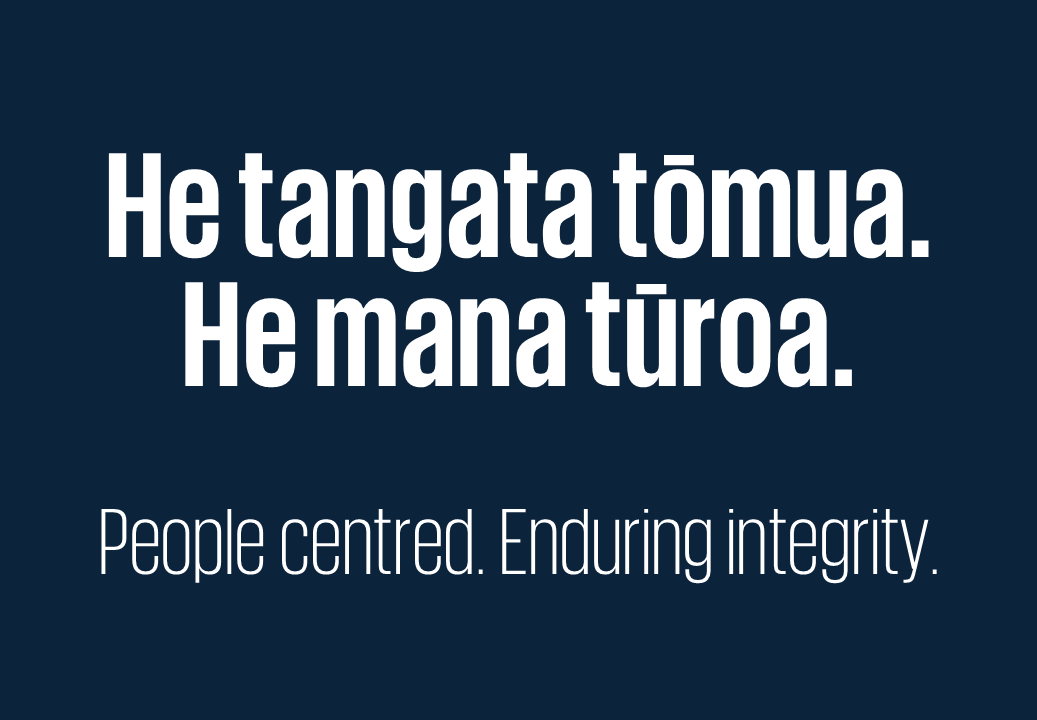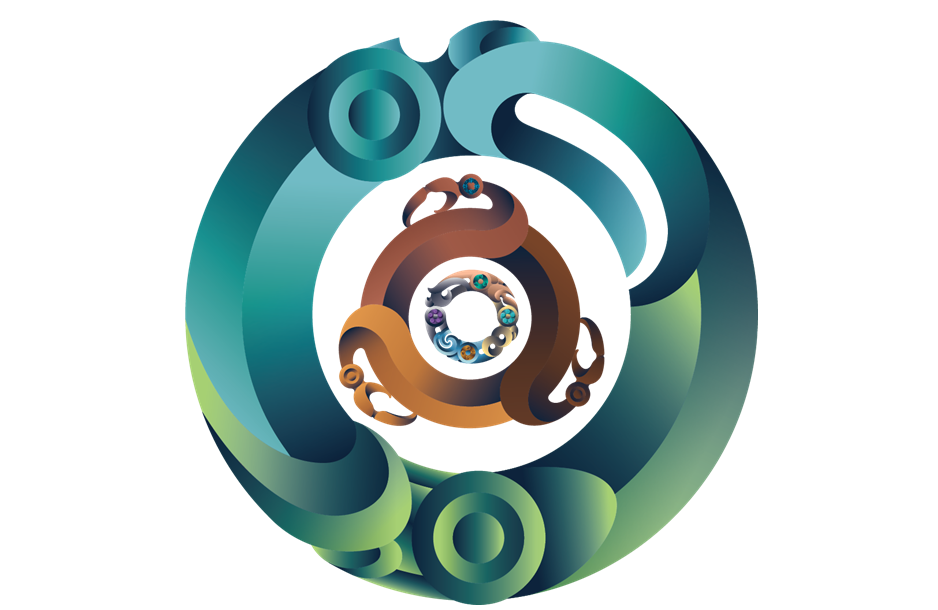Tōmua principles
Tōmua is built on five principles that give the approach a distinct edge over their Western counterparts, allowing organisations to deliver solutions tailored to their specific cultural and contextual needs:
Waiora To support overall health and wellbeing of people and the environment
Ahurea To uplift and respect Te Ao Māori, mātauranga Māori, Māori ways of doing and knowing
Manaakitanga To put people and whānau first
Manawaroa To develop enduring solutions that recognise our context
Te Tiriti o Waitangi To recognise the potential of Te Tiriti o Waitangi



















